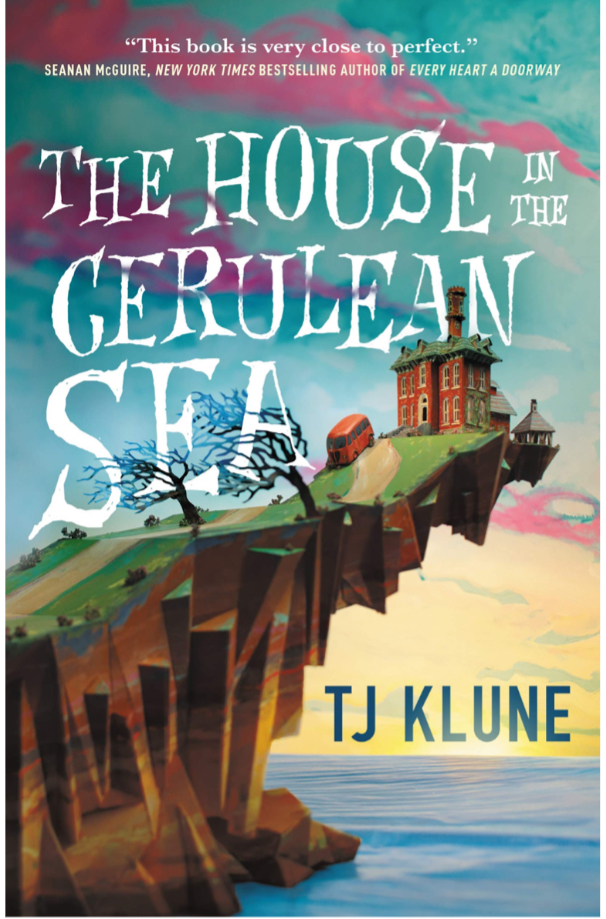We’re Triple C: a dynamic trio of juniors (Kavya, Kailyn, and Anoushka), bonded by both a shared passion for literature and the coincidental charm of all having last names starting with the letter C. Our book review promises a diverse and engaging exploration of exciting books, and we invite fellow book lovers to join us on our literary journey!
Franz Kafka’s The Metamorphosis is a novella that transports readers into the surreal and unsettling world of Gregor Samsa, a young man who wakes up one morning to find himself transformed into a giant insect. One of Kafka’s most famous works, The Metamorphosis explores themes of alienation, absurdity, and human behavior.
The tale is a portrayal of isolation and the breakdown of communication. Gregor’s transformation serves as a metaphor for his existential alienation from society. Kafka depicts the gradual disintegration of Gregor’s relationships, as his family members struggle to come to terms with his transformation and ultimately reject him. Through Gregor’s experiences, Kafka delves into the complexities of identity and the feelings of inadequacy and guilt that stem from the inability to connect with others.
One of the novella’s most striking aspects is Kafka’s use of language to create a sense of unease and disorientation. His writing, especially his attention to detail, connects readers to Gregor’s skewed mindset and nightmarish situation. Kafka not only captures the physical sensations of Gregor’s transformation but also the psychological turmoil he experiences. Readers have to navigate the troubling landscape of the story and decipher reality from delusion.
Kafka also skillfully weaves elements of absurdity into Gregor Samsa’s surreal transformation, adding layers of complexity to the narrative. The absurdity is evident in the details of Gregor’s new existence as an insect, from his futile attempts to navigate his insect body to the over-the-top reactions of his concerned family members. Kafka portrays absurd situations with comical detail, such as Gregor’s father’s exaggerated attempts to assert dominance over his transformed son or the absurdity of Gregor’s sister playing the violin to entertain the lodgers while Gregor hides in his room. These moments serve as a broader commentary on social norms, as the characters grapple with the inexplicable circumstances of Gregor’s metamorphosis.
Despite the tone of its subject matter, the story offers profound insights into the human condition. Through Gregor’s transformation, Kafka explores the themes of identity, belonging, and the nature of reality itself. The novella forces readers to confront uncomfortable truths about society and the individual’s place within it, challenging conventional notions of humanity.
“The Metamorphosis” is a timeless classic that perfectly encapsulates existential anguish. Gregor’s search for meaning is an emotionally provoking and overall captivating story, and while it may not appeal to all readers, those who are drawn to psychologically complex narratives will undoubtedly enjoy this text.
See you next time! – Anoushka








